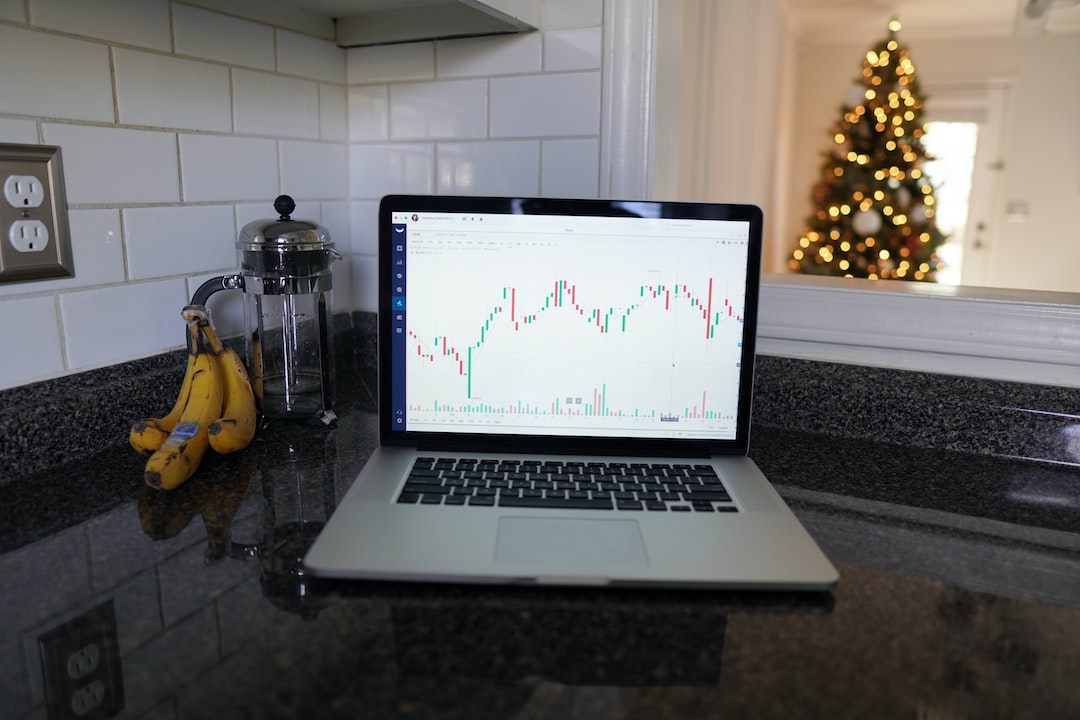Choosing the Right Broker in Forex for Your Trading Strategy
When it comes to trading forex, one of the most crucial decisions you will make is choosing the right broker. A forex broker acts as an intermediary between you and the global forex market, allowing you to execute trades and participate in currency trading. With so many brokers to choose from, it can be overwhelming to find the one that best suits your trading strategy. In this article, we will explore the key factors to consider when selecting a forex broker.
Regulation and Security
Regulation is the first and foremost factor to consider when choosing a forex broker. Regulatory bodies ensure that brokers adhere to strict guidelines and maintain the necessary financial standards to protect traders. Trading with a regulated broker provides you with a sense of security and peace of mind, knowing that your funds are in safe hands.
Some of the most reputable regulatory bodies include the Financial Conduct Authority (FCA) in the United Kingdom, the Australian Securities and Investments Commission (ASIC), and the Cyprus Securities and Exchange Commission (CySEC). Before opening an account, make sure to check if the broker is regulated by a respected authority.
Trading Platform
The trading platform provided by a broker is the software you will use to analyze the markets, place trades, and manage your positions. It is essential to choose a broker that offers a user-friendly and reliable trading platform that aligns with your trading needs.
Popular trading platforms in the forex market include MetaTrader 4 (MT4) and MetaTrader 5 (MT5). These platforms are renowned for their advanced charting capabilities, a wide range of technical indicators, and the ability to automate trading strategies using expert advisors. Additionally, ensure that the trading platform is available on your preferred devices, such as desktop, web, and mobile.
Spreads and Commissions
When trading forex, you will encounter spreads and commissions. Spreads refer to the difference between the buying and selling price of a currency pair, while commissions are fees charged by the broker for executing your trades. These costs can significantly impact your trading profitability, so it is crucial to choose a broker with competitive spreads and transparent commission structures.
Different brokers offer varying spreads and commissions, so it is wise to compare multiple brokers before making a decision. However, keep in mind that low spreads and commissions should not be the sole determining factor. A reputable and reliable broker with slightly higher costs may be a better choice in the long run.
Leverage and Margin Requirements
Leverage allows traders to control larger positions in the market with a smaller amount of capital. It is a double-edged sword that can amplify both profits and losses. Before choosing a broker, consider the leverage they offer and ensure it aligns with your risk appetite and trading strategy.
Additionally, closely examine the margin requirements imposed by the broker. Margin is the amount of capital required to open and maintain a leveraged position. Different brokers have varying margin requirements, and it is important to choose one that allows you to comfortably manage your positions without facing unnecessary liquidation risks.
Customer Support
Forex markets operate 24 hours a day, five days a week. Therefore, it is crucial to choose a broker that provides reliable customer support throughout your trading journey. Whether you have a technical issue with the trading platform or need assistance with a trade, having access to prompt and knowledgeable support can make a significant difference.
Look for brokers that offer multiple channels of communication, such as phone, email, and live chat. Additionally, consider reading reviews or seeking recommendations from other traders to gauge the quality of customer support provided by a broker.
Account Types and Additional Services
Brokers often offer various account types tailored to different trading needs. These can include standard accounts, mini accounts, or even premium accounts with additional features and benefits. Consider your trading goals, capital size, and trading style when choosing the most suitable account type.
Additionally, some brokers offer additional services such as educational resources, market analysis, and trading tools. These services can greatly enhance your trading experience and provide valuable insights. Therefore, it is worth considering brokers that offer such resources to further support your trading strategy.
In conclusion, choosing the right broker in forex is a critical decision that can greatly impact your trading success. Focus on factors such as regulation, trading platform, spreads and commissions, leverage and margin requirements, customer support, account types, and additional services. By carefully evaluating these aspects, you can find a broker that aligns with your trading strategy and offers a reliable and secure trading environment.





